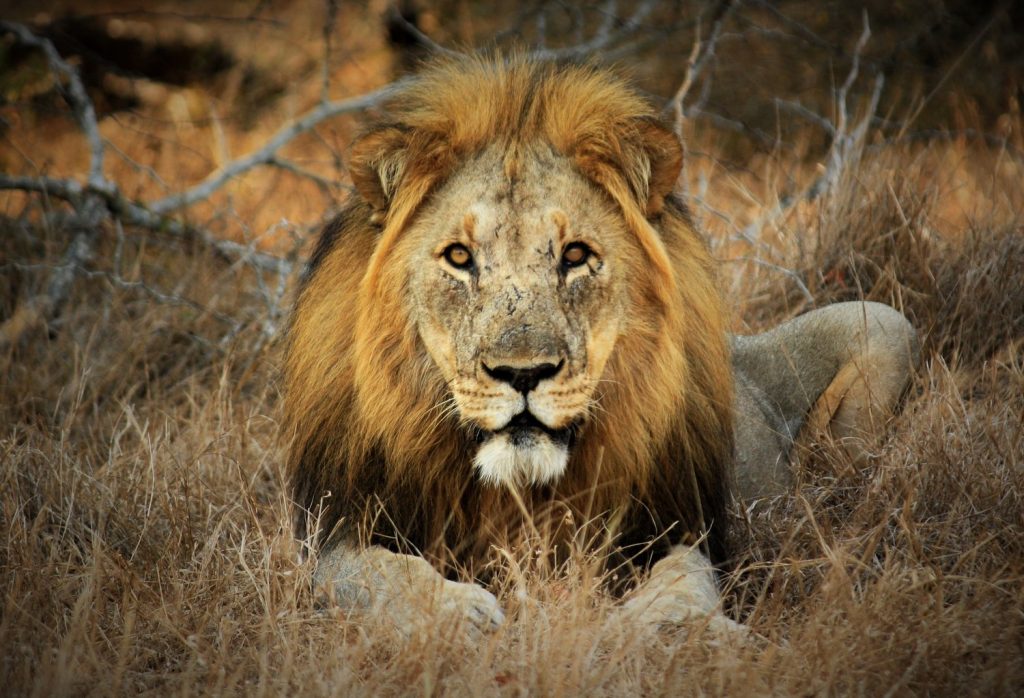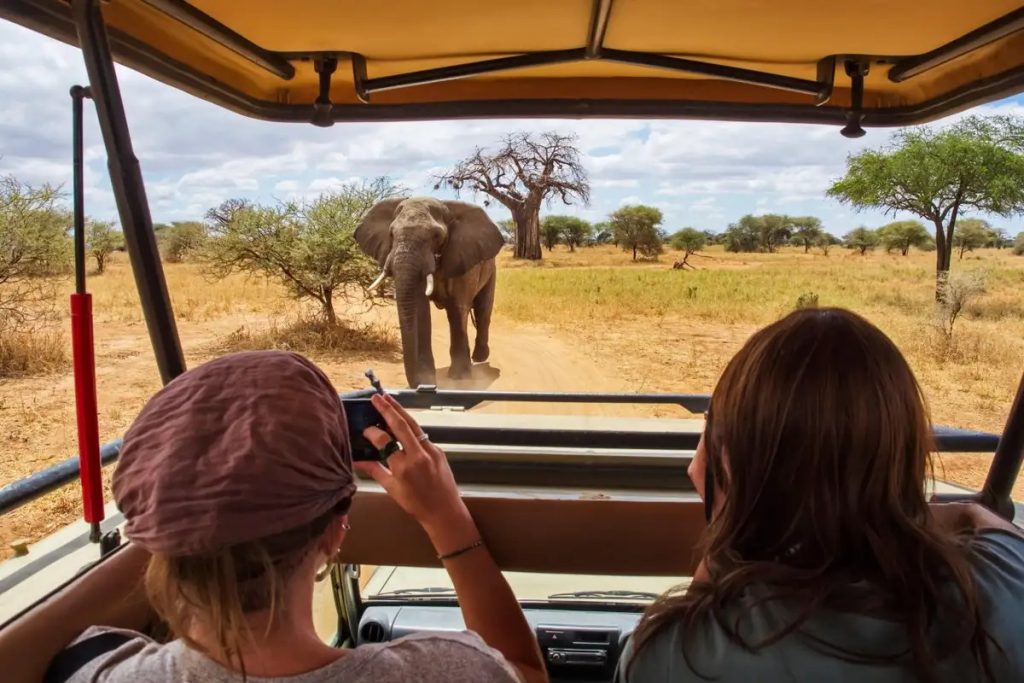
A study conducted in South Africa has found that the voices of humans instill considerably more fear in wild mammals than the sounds of lions, their natural predators.
Researchers conducted the study by playing recordings of people speaking normally through hidden speakers at water holes in Kruger National Park.
Approximately 95% of the animals reacted with extreme fear and quickly fled upon hearing human voices. In contrast, recordings of snarling and growling lions prompted significantly less alarm.
The human speech used in the study included local languages commonly spoken in South Africa.
Interestingly, some elephants, in response to the lion calls, even attempted to confront the source of the sound.
The findings of this study suggest that wild animals, including antelopes, elephants, giraffes, leopards, and warthogs, have learned to associate contact with humans as extremely dangerous due to activities like hunting, the use of firearms, and the deployment of dogs to capture them.

This fear of humans extends beyond Kruger National Park, indicating a global pattern where wildlife tends to fear humans more than any other predator.
These findings pose a challenge for areas relying on wildlife tourism because human visitors inadvertently scare off the animals they have come to see.
However, there is also potential to use human sounds strategically to protect vulnerable species in these ecosystems. Human-generated sounds, when employed appropriately, could potentially help deter illegal poaching.
Source-BBC





